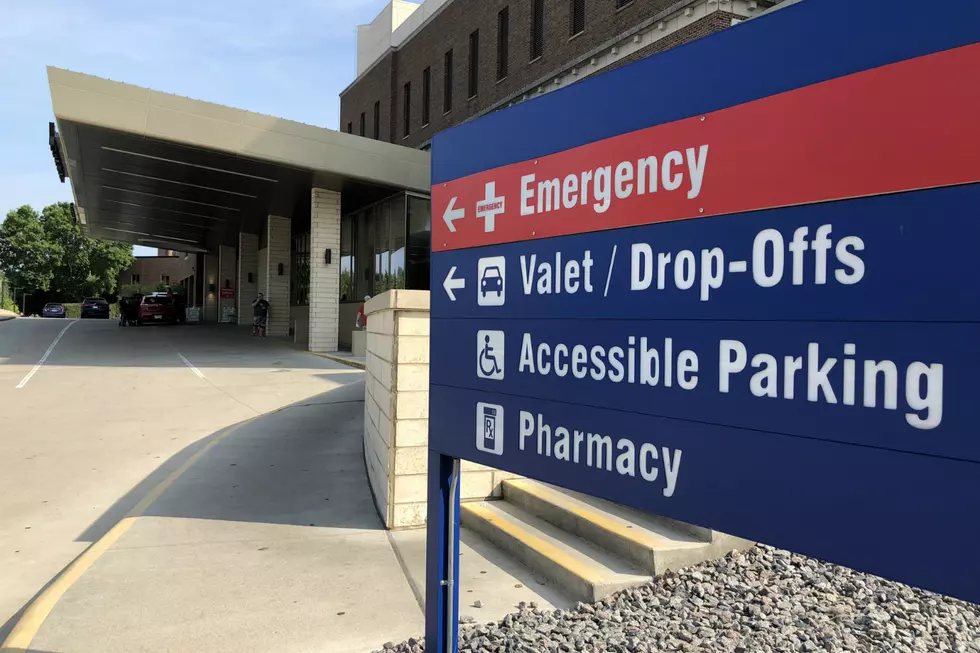
Lawmakers Hold Virtual Town Hall with Area Business Community, Residents
ST. CLOUD – Over 80 St. Cloud area residents, including business owners, elected officials and other community members, joined a virtual listening session on Monday evening to share thoughts and opinions on a proposed state COVID-19 Economic Relief Package.
The Emergency Town Hall on COVID-19 Economic Relief, held via Zoom, was hosted by State House Representative Dan Wolgamott of St. Cloud, and included input from House Majority Leader Ryan Winkler and Rep. Mohamud Noor.
A handful of local business leaders spoke, describing the difficulties and uncertainties caused by the COVID-19 pandemic and related operating restrictions.
Larry Logeman, owner of Executive Express shuttle service in St. Cloud, says his business has taken a hit due to a slowdown in business and leisure travel.
“We have to figure out how to do something about this,” Logeman said. “The moment that Governor Walz said that people should not be traveling for Thanksgiving, my office experienced cancelations. Revenue that we earned on reservations for trips – money that we needed to support payroll and mortgages – the moment that order came out, we experienced cancelations, and I had to give that money back.”
Logeman urged lawmakers in the virtual meeting to be transparent with the business community about how much longer restrictions will be in place.
“Even today, Governor Walz hinted that things are going to be basically the same as they are today after December 18,” Logeman added. “Don’t hint – just say it, so we can start planning. It’s very difficult to plan when we really don’t know what’s going to happen.”
Nick Flies, Head Brewer at Pantown Brewing in St. Cloud, says he’s aware of several breweries in Minnesota currently on the brink of closing. He would like to see the state loosen restrictions on off-sale beer sales to help breweries recoup their losses.
“Not just selling growlers and crawlers,” he said. “A lot of breweries sell four-packs that they would normally distribute, and they’re just sitting in their coolers. If they could sell those out of their breweries, rather than give it to a distributer, that would be more income coming to the actual brewery without a middle man.”
“Right now, we’re doing okay,” he added. “But if things continue like they have been for the last couple of weeks, I don’t know. It’s really tough to tell.”
Jason Mathiasen, owner of Great River Bowl in Sartell, says the most recent shutdown has devastated his business.
“If things don’t change, there won’t be businesses for these employees to come back to,” Mathiasen said. “We’ve been a family owned business for 41 years. It took us 41 years to build up our reserves and get to where we are. We’ve grown throughout the years, and in eight months, we’ve lost everything we’ve built up. I never thought we would ever be in this situation.”
Mathiasen says Great River Bowl was operating with highly stringent health and safety standards before the COVID-19 pandemic began.
“Our industry is highly regulated,” Mathiasen added. “We haven’t had one documented case of transmission in our building where we’ve had to close down. We have 600 league bowlers coming through here every week, and hundreds more, including diners. Our industry is doing a really good job with this.”
Ryan Avery, owner of The Hybrid Farm, a CrossFit gym located in St. Cloud, says closing their doors has been hard on their clients, who he called “fanatics.”
“A lot of (our clients) are medical professionals, and for them, we’re their stress relief,” Avery said. “We’re providing a health and fitness service.”
Avery says they were only allowing 12 clients inside their 6,000 sq. ft. facility at one time. He says he’s not aware of any COVID outbreaks linked to the gym.
“COVID isn’t transmitting inside this space,” he stressed. “We have a check-in system, so if someone does come down with COVID, we’ll know in 10 seconds. I can (text) them, and they’ll know.”
Avery urged lawmakers to consider the link between good physical health and a person’s ability to fight COVID-19.
“We’re creating some really healthy habits in people that might keep them off the list of comorbidities, and make it easier for them to fight something like COVID,” he added. “While the intentions were good, it’s really counterproductive to be limiting opportunities for our society to get stronger and healthier and fitter at a time when we know that it can help.”
Last week, Governor Tim Walz outlined a relief package meant to help businesses and struggling workers amid the ongoing pandemic and most recent round of virus-stemming restrictions. Initiatives in the package include direct financial aid to businesses, waiving state and regulatory fees and establishing an eviction moratorium.
The package would also provide support for workers by extending unemployment benefits for an additional 13 weeks and providing a one-time $500 emergency payment.
The latest round of statewide restrictions to stem the spread of COVID-19 is set to expire on December 18. Walz has hinted the restrictions could be extended is case rate data does not improve by then.
5 Tips For Attending the Country Lights Festival in Sartell
More From AM 1240 WJON









